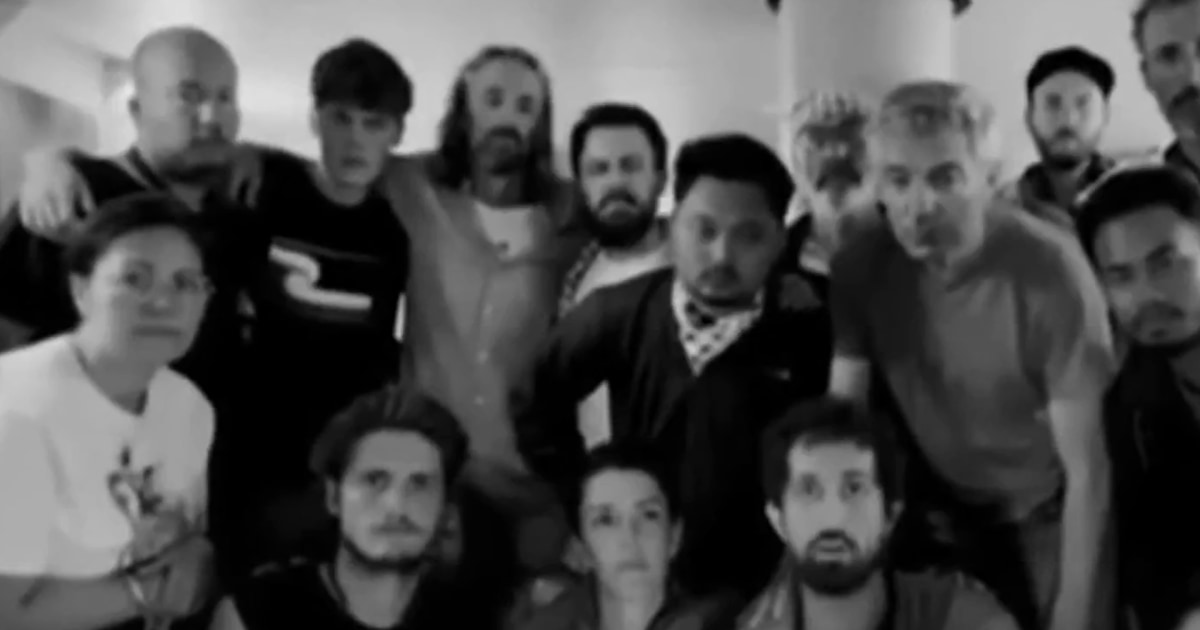Israeli troops intercepted a flotilla of vessels sailing towards Gaza to deliver aid. NBC News’ Richard Engel details the problems the flotilla encountered on the journey.
Source link
Israel intercepts flotilla carrying aid to Gaza


Israeli troops intercepted a flotilla of vessels sailing towards Gaza to deliver aid. NBC News’ Richard Engel details the problems the flotilla encountered on the journey.
Source link